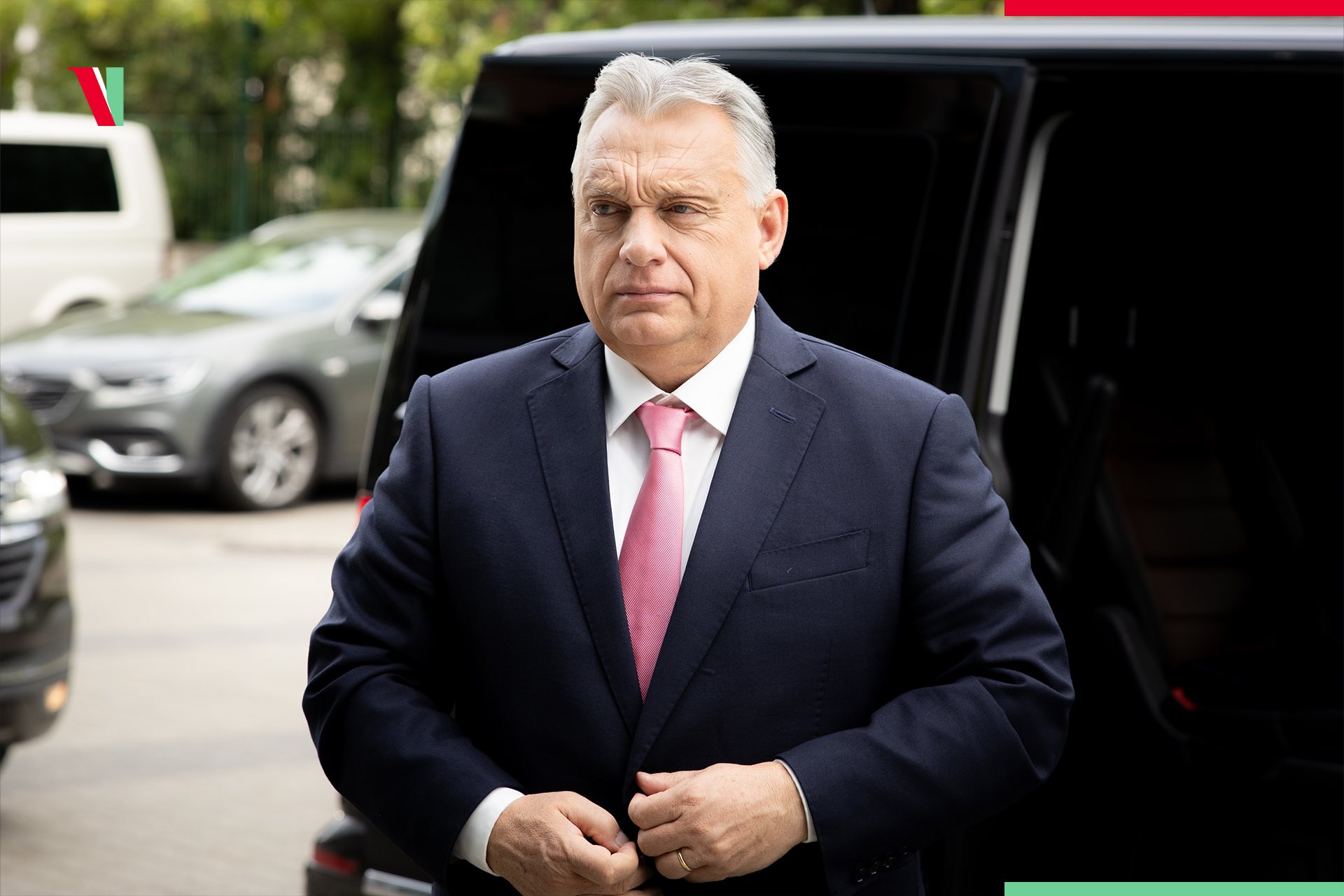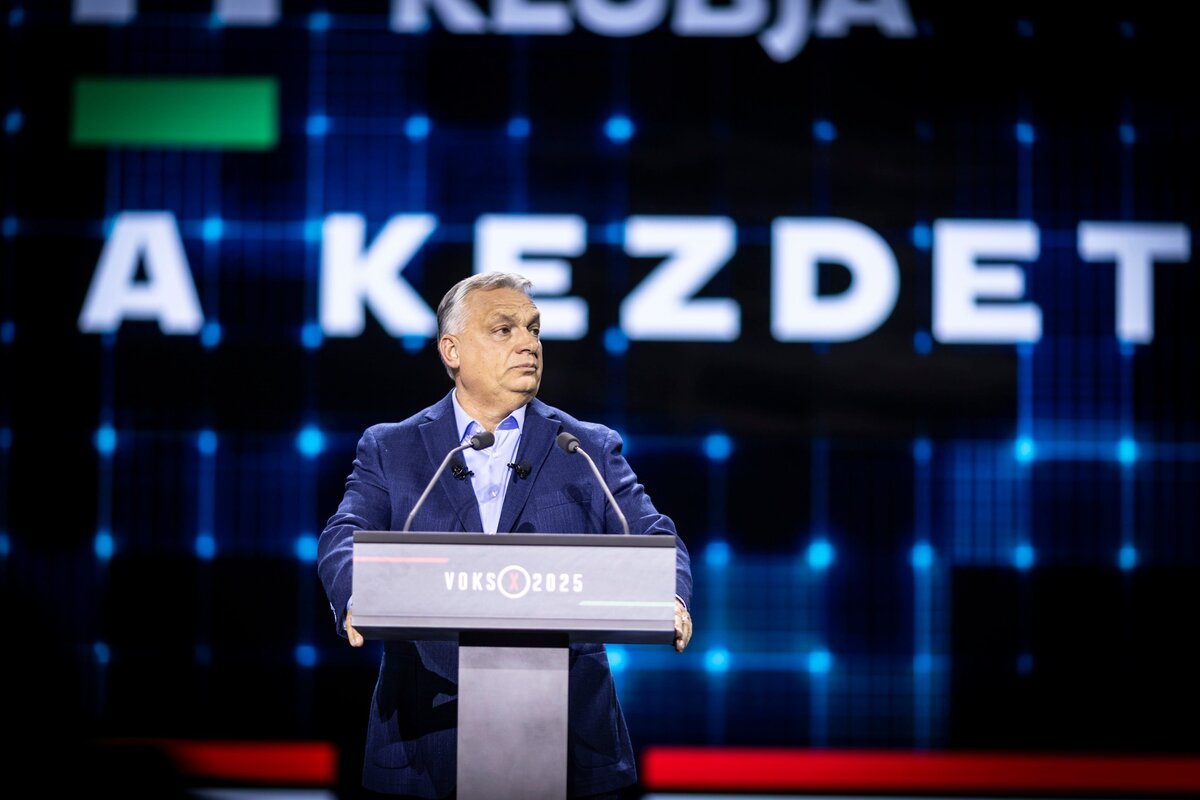PM Viktor Orbán takes EU’s Article 7 seriously as Hungary’s sovereignty laws trigger alarm

In Hungary, the creation of the Office for the Protection of Sovereignty and the Transparency Act has raised serious concerns. Under the draft law, the government led by PM Viktor Orbán could label not only foreign-funded NGOs, but even those using EU funds, as ‘threatening sovereignty’, depriving them of tax benefits and confiscating their documents. European journalists have sent a joint letter protesting against the law, urging the EU to take action against Hungary.
For Orbán, the progress of the EU’s Article 7 rule of law procedure is a serious threat: if it leads to the suspension of voting rights, it could even put Hungary’s EU membership in question. Fidesz has so far formed a blocking coalition with countries such as Austria and Slovakia, which would be willing to secretly vote against Orbán. Slovak Prime Minister Robert Fico remains the most important ally, but Fico’s political position has also been shaken. Orbán’s support for far-right, pro-Russian George Simion in the Romanian elections could jeopardise Orbán’s plans.

Viktor Orbán and the EU’s Article 7
According to VSquare, Viktor Orbán and his government are under increasing domestic and foreign policy pressure. The EU’s Article 7 procedure, which could lead to Hungary’s voting rights being suspended, is now a real threat, not just political theatre for Orbán. In particular, he fears that the 2026 elections could turn into a referendum on Hungary’s EU membership. If the EU adopts sanctions against Hungary, this could reinforce the “Huxit” narrative, which could be emphasised by Fidesz’s opposition. Orbán is therefore trying to block EU decisions by all means, but as we mentioned earlier, his former allies have wavered, and some have already indicated that they would be willing to support the use of Article 7.

Orbán’s pro-Russian stance is also prominent in Hungary’s foreign policy strategy, with the likes of the Bosnian mine project, a joint project between Orbán and Dodik, the Bosnian Serb leader, which is being fiercely protested by local residents. VSquare also touches on the Hungarian government’s Russian connections, for example, in the sections on the Pravfond affair, which reveals the Kremlin’s extensive network of influence, and in which Hungary is also involved.
The domestic political situation
The domestic political situation is also tense. Fidesz has lost its lead in opinion polls for the first time in a decade, overtaken by the Tisza Party led by Péter Magyar. Orbán’s response: smear campaigns, legal threats and proceedings against Magyar and his allies. Despite this, the Tisza Party’s popularity continues to grow. According to the article, there is already talk within Fidesz that Viktor Orbán might not run again in the 2026 elections, which would have been unthinkable before. Instead, János Lázár, the transport minister, is being considered as a possible successor. Lazar has recently been increasingly active, holding campaign-style events and building his own communications team, although he publicly denies his leadership ambitions.
Stay informed! Read more news about Hungarian Prime Minister Viktor Orbán HERE!
Read also:






